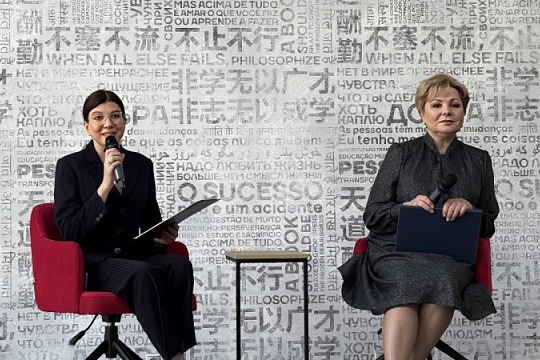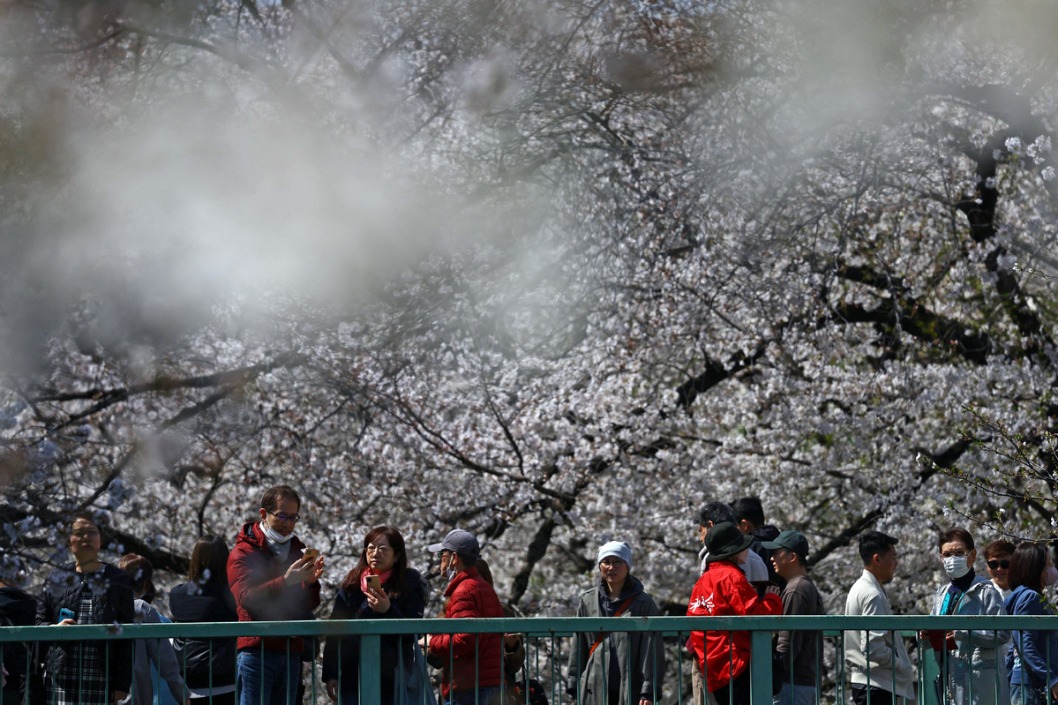India assessing impact of US tariffs

India's Minister of State for Finance Pankaj Chaudhary said on Thursday that India is assessing the impact of reciprocal tariffs imposed by the United States.
US President Donald Trump announced on Wednesday a 26 percent "discounted reciprocal tariff" on India, saying the levy is nearly half of what India charges on American goods.
Indian Prime Minister Narendra Modi is "a great friend" but his nation is "not treating us right", Trump told reporters at the White House, unveiling tariffs on Indian goods along with levies on other nations.
"India charges us 52 percent, so we will charge them half of that — 26 percent," Trump said.
"We will analyze the implications. For Trump, it's America first, but for Modi, it's India first," Chaudhary told local media.
In February, India announced a reduction in tariffs on select imports from the US before Modi visited Washington during that month. Thereafter, a US trade team visited India for a comprehensive dialogue, with New Delhi seeking to escape high reciprocal tariffs from the US.
Following the latest announcement from Trump, Karori Singh, former director and an emeritus fellow of the South Asia Study Centre at the University of Rajasthan in India, said the 26 percent US tariff "will have some adverse impact on Indian economy, and thus India shall have to devise safeguard alternative strategy without being panicky".
Trump seized the opportunity with his Make America Great Again rhetoric, imposing new tariffs on goods brought into the US from around the world, Singh said, expressing worry about the fallout on global trade.
"It shattered the global security and development architecture by expanding scope for global realignment of trade and economic relations," Singh said.
Meanwhile, Trump's moves have opened up avenues for strengthened collaboration among developing countries, including India and China, he said.
Lawrence Loh, director of the Centre for Governance and Sustainability at the National University of Singapore's Business School, said "the US tariffs on India were surprisingly high, given the recent warming [of] relations between the two countries".
India will have to realize that US tariffs hit friends and foes alike, he said. "Rather than engaging in tit-for-tat trade wars, India should see the bigger picture and re-consider its allying countries in trade or even broader geopolitical cooperation," Loh said.
Singh said the US retreat from its past policies has adversely affected innovation. "India and China, therefore, are destined to collaborate for the protection of everyone's interests," he said.
Loh agreed, saying, "India should focus on building good and longstanding ties with fellow Asian countries." He cited a Chinese saying that roughly translates as a close neighbor is better than a distant relative.































